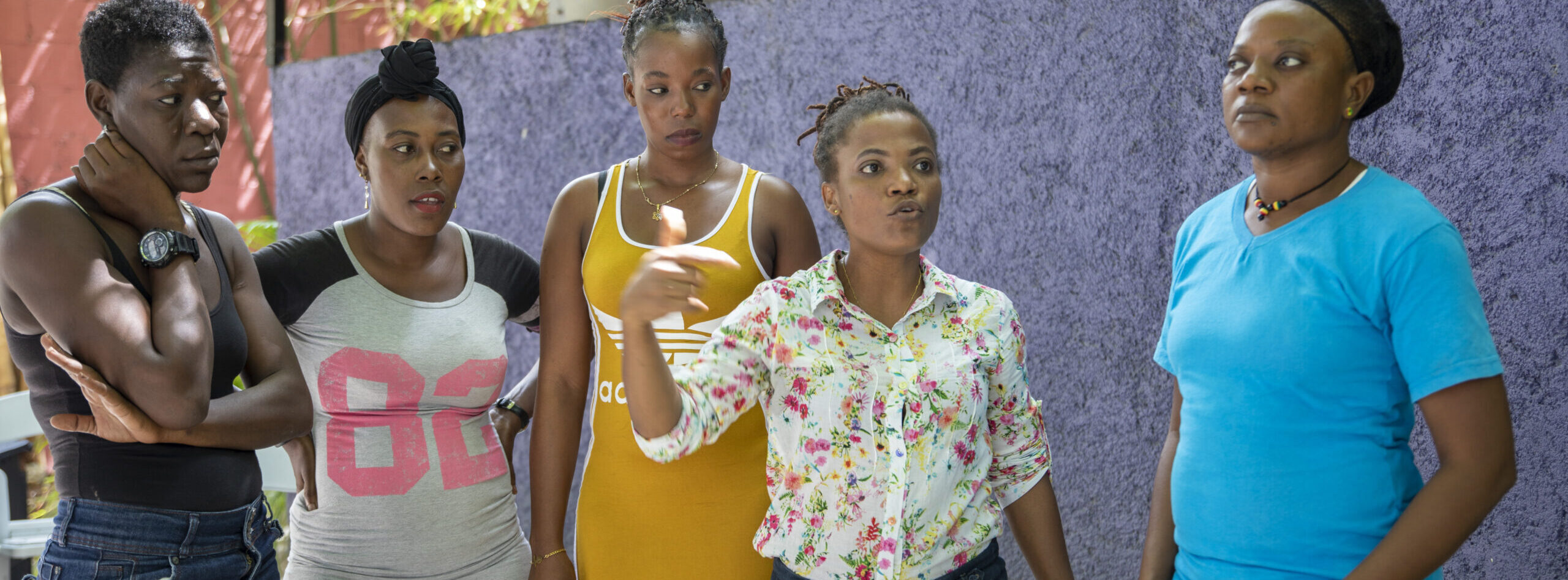Each year, the United Nations Women’s Peace and Humanitarian Fund (WPHF) launches a survey among its global community of local women’s civil society organizations that have received programmatic or institutional funding from WPHF since the Fund’s establishment in 2016. The WPHF Global CSO Survey Findings on Women, Peace and Security and Humanitarian Action is a strategic advocacy tool that takes stock of the challenges and quality of support for local organizations working on Women, Peace and Security and Humanitarian Action (WPS-HA) issues, uncovers priorities for women civil society leaders, and demonstrate to the international community the urgent need for more flexible and quality financing to better support their work on the front lines.
In 2023, 337 WPHF civil society partners from 35 countries participated in this anonymous survey, which explores questions related to the risks associated with the lack of funding for women’s organizations working on WPS-HA, the challenges they face in securing flexible funding, and the difficult contexts in which they often operate.
This year’s findings showcase the urgent global imperative to support local women’s rights and women-led organizations in conflict and crisis settings, as well as the importance of ensuring that their voices are heard and their priorities are prioritized.
2023 Key Highlights
66% of survey respondents felt their organization was at either high or very high risk for continuity due to the lack of programmatic or institutional funding for local women’s groups working on WPS-HA.
95% of survey respondents identified a moderate level risk due to the lack of sustained financing.
40%+ of survey respondents reported they have received less funding than two years ago.
13% of survey respondents noted funding is not flexible enough for the contexts in which they work.
52% of survey respondents said the context in which they operate has negatively impacted their ability to effectively carry out the mandate of their organization.
43% of survey respondents stated their organization and staff have directly received threats as a result of their work in WPS-HA.
